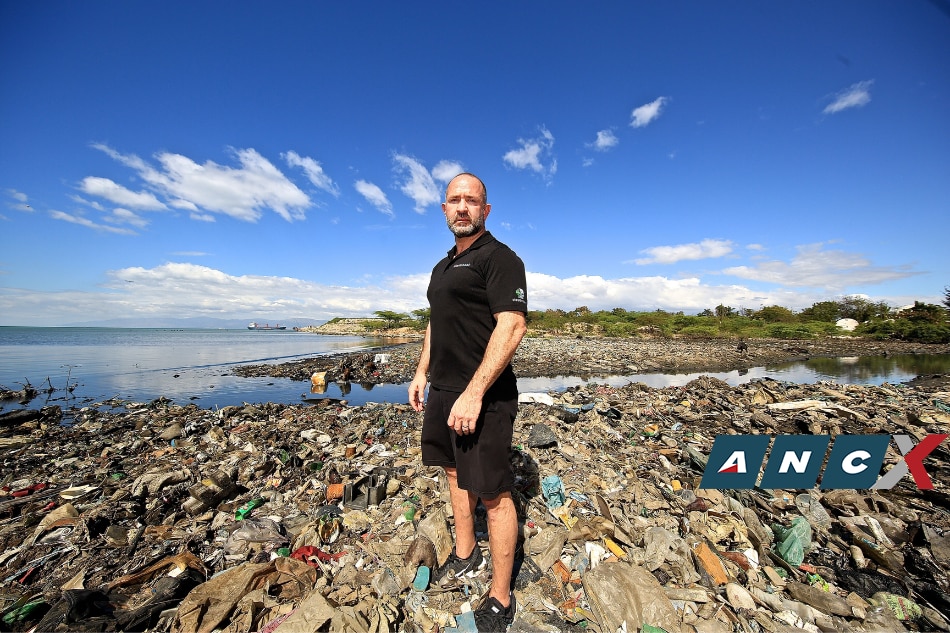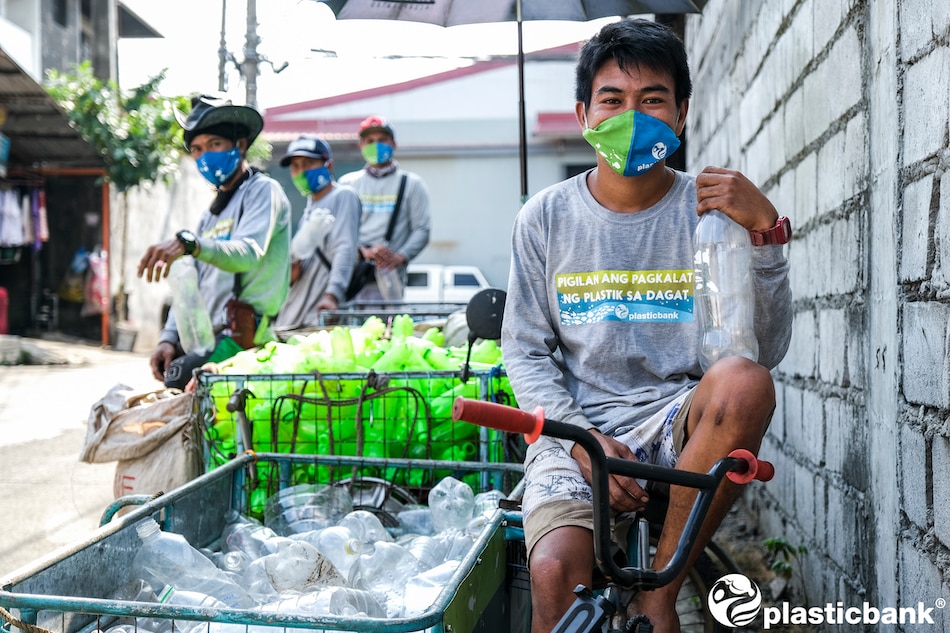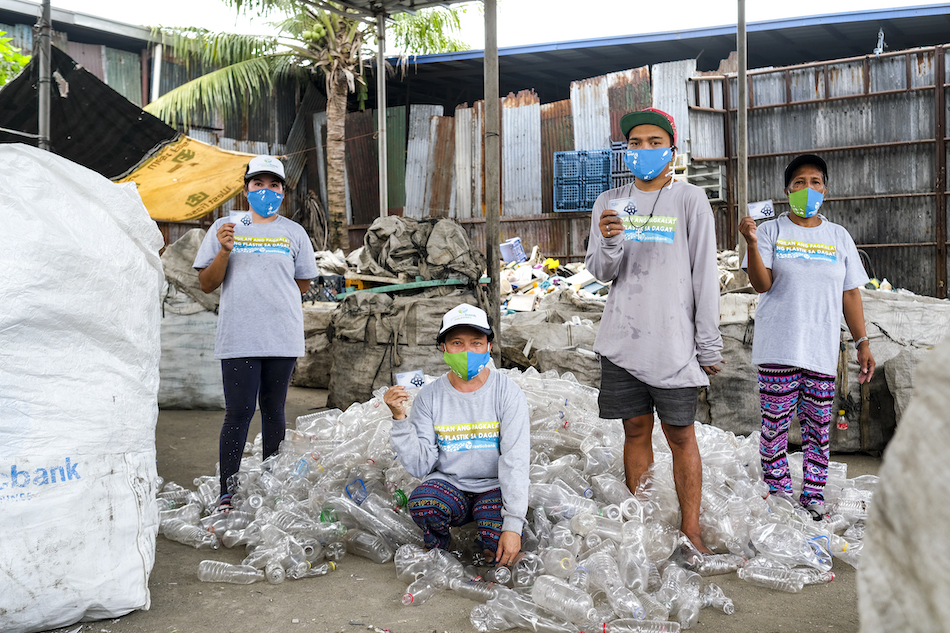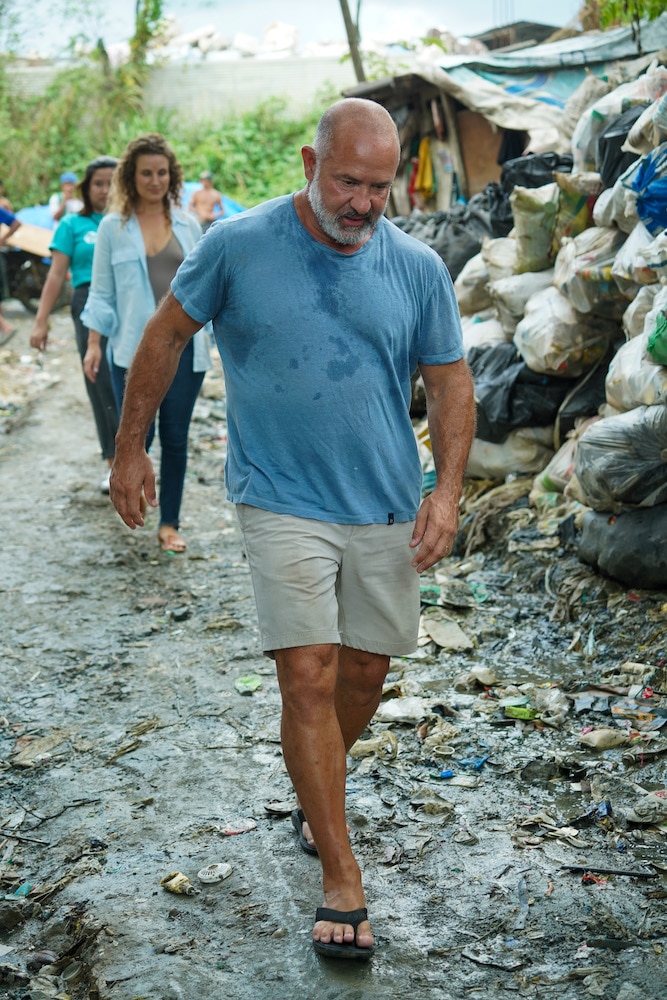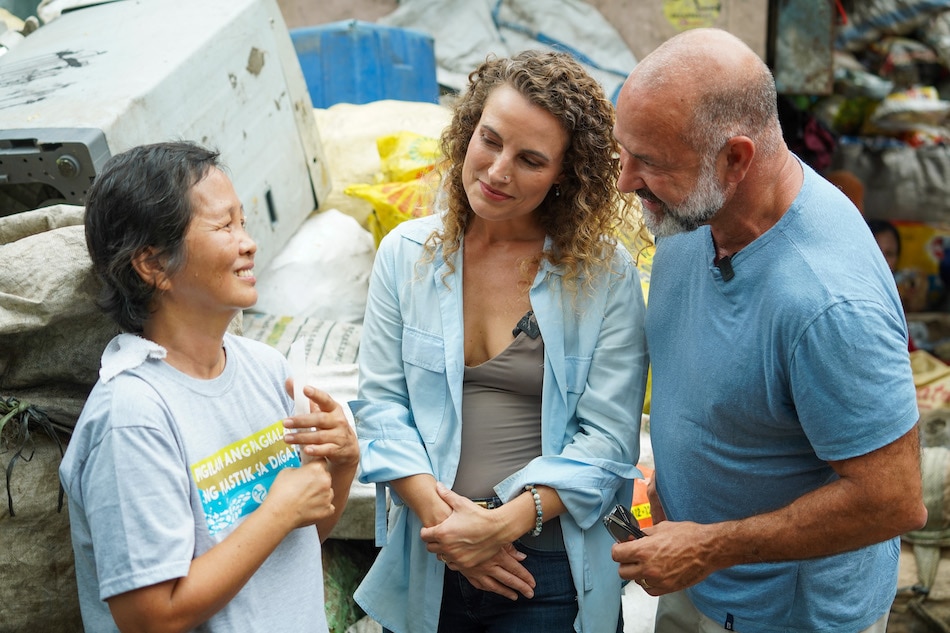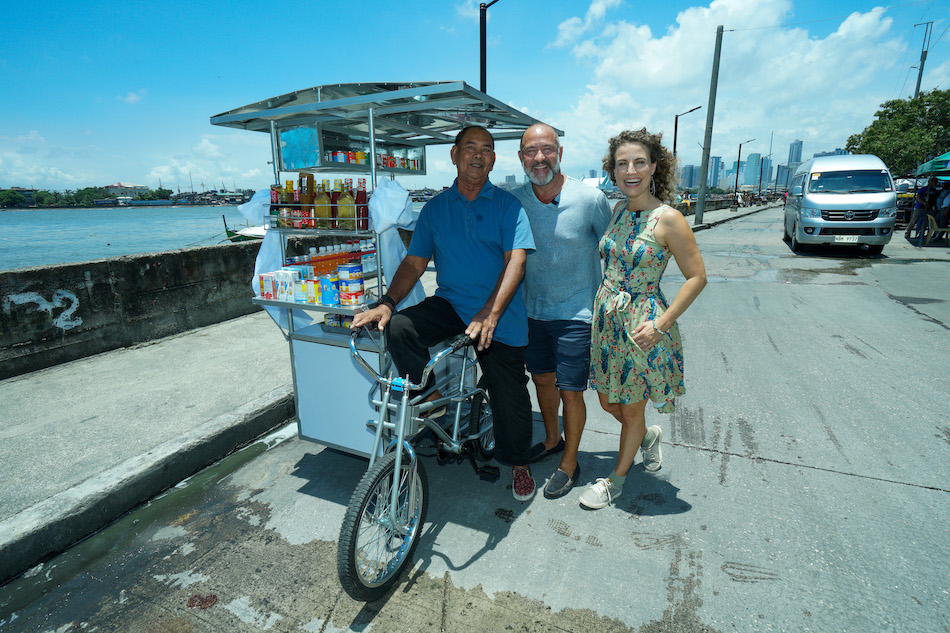The Philippines is responsible for emitting 35% of the world’s ocean plastic. According to this research article by Science.org, the country’s 4,820 rivers emit an estimate of 356,371 metric tons of plastic waste per year. We are followed by India (126,513 MT per year), Malaysia (73,098 MT yer year), and China (70,707 MT per year).
Plastic pollution is a staggering, serious global problem that Canadian entrepreneur and philanthropist David Katz wishes to address. To do this, ten years ago, he founded a for-profit social enterprise called Plastic Bank which “envisions a wasteless world.” It’s mission is to end ocean plastic pollution by creating a social impact business that rewards people for collecting plastic waste.
“Our collection communities exchange plastic waste as currency for income and life-improving benefits such as groceries, cooking fuel, school tuition, health insurance, digital connectivity, and fintech services,” reads the Plastic Bank press information.
The company currently operates in Southeast Asia, Africa and Latin America. Data collected by Plastic Bank’s blockchain platform since the project’s inception in 2013 until August 16, 2023 says it has stopped 93.3+ million kilograms of plastic, or equivalent to 4.6 billion+ pieces of plastic bottles, from entering the ocean globally.
Since the enterprise began its operation in the Philippines in 2016, it claims to have collected about 20+ million kilograms of plastic (equivalent to 1+ billion pieces of plastic bottles). There are currently 216 collection branches in the country and over 7,950 collection members all over Metro Manila, Cavite, Laguna, Pampanga, Zambales and Naga.
For his work, Katz has received numerous awards including the United Nations Lighthouse Award for Planetary Health, the Paris Climate Conference Sustainia Community Award, Ernst & Young Lifetime Achievement Award, The Globe and Mail: Report on Business Magazine’s Changemakers Award, and was named the Entrepreneur Organizations’ Global Citizen.
Members of the media had the chance to meet Katz during his recent visit to the Philippines. The social entrepreneur grew up in Victoria, the capital city of British Columbia in Vancouver Island, and it was in his teens when he started to become aware about the sorry state of his native land’s ocean.
“I would walk the beach almost every day to go to school, or I would ride my bike, or we would beach comb and play on the beach. And I began witnessing garbage occurring then,” he recalls. But he was a young boy and felt powerless about the situation.
Time rolled by and his career as an entrepreneur brought him to the Philippines in 2013. In one event, businessmen from around the world had a chance to dive with the sharks at Manila Ocean Park. What he saw struck him.
“There was so much material at the bottom than we see floating at the top,” he thought to himself. He realized that most plastic materials are negatively buoyant—meaning, they sink at the bottom of the ocean. “What we see washing up on the shore, what we see floating, is a fraction of what lies at the bottom of the sea.”
A few weeks later, Katz attended an eye-opening conference for philanthropic entrepreneurs in Silicon Valley. The event called the Singularity University—attended by executives, thought leaders and futurists from around the world—sought to expose the challenges affecting humanity and find solutions for them. “Coming freshly from Manila, inspired by knowing that a solution had to be found, [I knew] something had to begin,” he recalls thinking.
Katz refers to himself as a “crazy sales guy.” But one who has “always been a little bit ahead of my time, “always looking for what's next,” and “always inspired to seek solutions.”
On May of 2013, stirred by what he saw in the Philippines and awakened by the global conference he just attended, Katz founded Plastic Bank. What it does is identify vulnerable coastlines across the world that need plastic collection infrastructure and establish collection branches there. Its goal: stop plastic before it enters the ocean.
It’s called a “bank” because the company has created a system, a currency exchange if you will, for collection members to do their transactions. The members and branches are registered through the PlasticBank® app, which uses fintech and blockchain technology to securely execute plastic transactions. The app also has a digital wallet that can serve as the member’s savings account.
Meanwhile, the plastic collected through their collection communities are delivered to the company’s processing partners for reprocessing into Social Plastic® feedstock and reintegrated into products and packaging by partner organizations and brands.
How can it help solve poverty? “[By working together with Plastic Bank], everyone has the ability to have an extra source of income. It's a gig economy model,” the social entrepreneur offers.
“The ambition really is that every household can look at all of their materials inside their house and go, ‘Oh, I won’t throw these in the streets anymore. I’ll keep them, segregate them, [and take them to the collection centers],” he says. “Everyone can join and can pay for the things they need the most.”
Earnings data audit by Plastic Bank last May 2022 claim that a collection member working full-time in the Philippines earns an average of $182.14 or P10,370 per month. Full-time members recycle approximately 689 kg per month on an average, which is equivalent to 34,450 plastic bottles.
According to Camille Nuñez, Plastic Bank Philippines’ marketing manager, the enterprise generates funding through partnerships with like-minded companies, whose support are then extended to the collection communities. “On top of the market price [that our members] receive from their collection, the incentives they additionally earn from Plastic Bank come from our partners,” she adds.
Katz is passionate not only about solving the world’s plastic problem but also about changing people’s lives. In fact, in his recent visit to the Philippines, he met with several collection members to personally thank them and see how else they can help them. He even surprised a couple of remarkable Plastic Bank collection members who have demonstrated selflessness, compassion, and dedication to their families and their communities.
One of them was Reynaldo Balingit of Baseco, Tondo, Manila, who, according to Katz, had collected a total of 1,279 kg of plastic waste since March. For his efforts, Katz awarded him with a fishball cart and some gift certificates so he could start a small business.
As a token of appreciation, Katz and his wife Taylor also rewarded one of Plastic Bank’s youth role model and environmental advocate, Princess—an aspiring football player—with some football gear and apparel.
“Our collection members are making a profound impact on our planet and our communities with each day they spend on preventing plastic from entering the ocean,” says Katz. “We aim to give back by providing our most inspiring members with a transformative experience that fosters moments of joy, whether that means helping them reunite with their families or offering financial assistance to fulfill their aspirations.”


